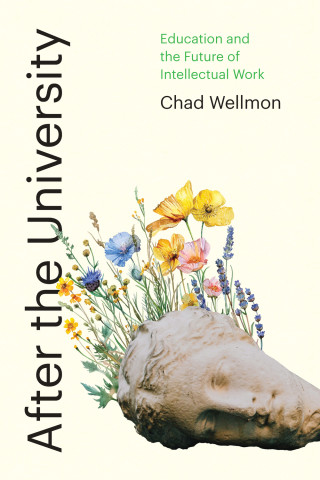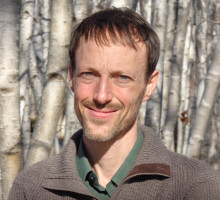
Reviews
We could, I suppose, turn higher education over to Chat GPT. Or we could do the kind of hard, beautiful, connected work this book describes, and actually give kids (and teachers) a chance to learn.
In a time of unprecedented crisis for higher education, Douglas Haynes humanizes those struggles for a generation of students. By recounting the experiences of teachers and students at five different institutions in the Upper Midwest, Haynes makes a powerful case for solidarity and hope. Anyone who worries about the future of higher education must read this book.
Douglas Haynes takes readers on a journey through urban gardens, a community kitchen, and the shores of Lake Superior to witness how sustained human connection can transform higher ed. Anchored in learning scholarship, these stories provide immersive models that value encounters and curiosity to build meaningful relationships in local places.
I love this book. From his opening question, Douglas Haynes offers guidance for teaching and learning in a threatened world. I especially love this book for my students with their questions about how to engage difficult realities and still live with joy. In these pages find answers.
The transactional nature of college where students experience a system of indefinite future reward has now failed multiple generations. Teaching Toward Slow Hope shows that there is a different path: one rooted in community, shared purpose, and mutual exchange. We'd be wise to heed this call.
Book Details
Preface
Regional Map
Introduction: Searching for Slow Hope
1. College in the Age of Loneliness
2. Learning to Listen in the City
3. Learning Reciprocity through Restoration
4. Learning Collaboration through
Preface
Regional Map
Introduction: Searching for Slow Hope
1. College in the Age of Loneliness
2. Learning to Listen in the City
3. Learning Reciprocity through Restoration
4. Learning Collaboration through Food
5. Learning to Wander by Water
Conclusion: Toward Teaching Slow Hope
Acknowledgments
Notes
Index






